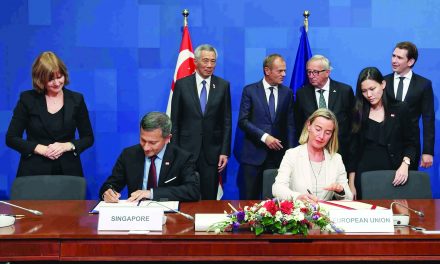
Yoga, a symbol of unity and harmony, has become a global movement for holistic health and peace, championed by Prime Minister Narendra Modi
“In this century we realise that Yoga has united the world,” said Prime Minister Narendra Modi, reaffirming the transformative power of Yoga in today’s global context. An invaluable treasure of ancient Indian tradition, Yoga continues to gain recognition worldwide for its profound impact on both physical and mental well-being.
Derived from the Sanskrit root yuj, meaning “to join” or “to unite”, Yoga symbolises the integration of mind and body, thought and action, self-discipline and contentment. It represents harmony between humans and nature, and promotes a holistic approach to health and lifestyle.
Thanks to the dedicated efforts of Hon’ble PM Shri Narendra Modi, the United Nations General Assembly proclaimed 21 June as the International Day of Yoga. In its resolution, the UN acknowledged that Yoga promotes a holistic approach to health and well-being and encouraged its global adoption for a healthier world. This marked a shift in the global health discourse—from cure to prevention.
The spiritual depth and philosophical richness of Yoga have long been acknowledged in Indian literature. Sanskrit poet Bhartrhari once described Yoga’s transformative power through a verse, stating that the virtues cultivated through Yoga—courage, forgiveness, peace, truth, compassion, self-control, and knowledge—serve as a yogi’s true family, offering a life free from fear and full of wisdom.
As the world embraces this ancient discipline, Yoga continues to serve as a beacon of balance, healing, and inner peace—uniting nations and people in the pursuit of a healthier, more mindful existence.
Source: Government of India
















